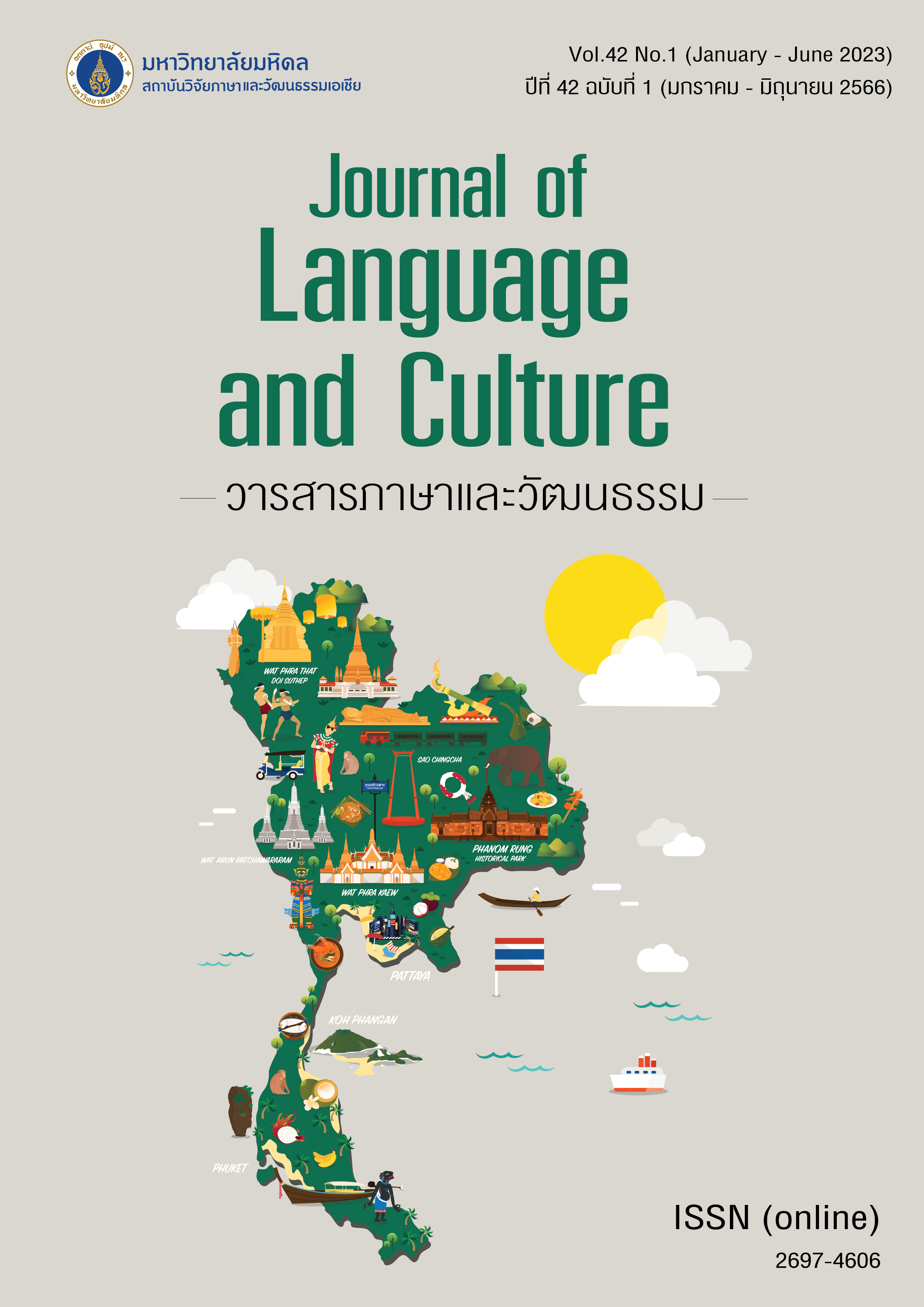One country, two characters: Intersections of identity, multiculturalism, and cosmopolitanism in Hong Kong
Main Article Content
Abstract
In June 2021, the Ministry of Education of China issued a specific report titled “Language Situation in the Guangdong-Hong Kong-Macao Greater Bay Area”. The report recommended that Hong Kong should clarify the legal status of simplified Chinese characters (SCC). However, the Hong Kong people have developed a preference for traditional Chinese characters (TCC) because of Hong Kong’s unique British colonial past. TCC is even regarded as a symbol of Hong Kong identity. This article aims to analyze the underlying causes of the Hong Kong people’s Chinese character form preference and predict the development trend of SCC in Hong Kong’s multicultural society. Based on document study and historical review of the Chinese Character Simplification Movement in Mainland China, and a comparative study between SCC and TCC, together with the consideration of Hong Kong’s particular elusive identity, this article has led to two conclusions: 1) Hong Kong people's resistance to SCC reflects their collective identity anxiety; 2) TCC and SCC will continue to coexist and complement each other in China (including Hong Kong region). In addition, as the predominant trend in Chinese language planning and policy has now turned from character form simplification to standardization, this article provides a cautiously optimistic suggestion that for both the mainlanders and the Hong Kong people, working together to reform and standardize the Chinese characters could be conducive to defining a larger and more integrative identity, even a cosmopolitan community with a shared future.
Article Details
The articles featured in the Journal of Language and Culture (JLC) constitute academic works representing the viewpoints of the respective author(s). It is crucial to note that these opinions do not necessarily reflect those of the Editorial Board.
All articles published in JLC are released under the Creative Commons Attribution 4.0 International License (CC BY 4.0). This license grants permission for unrestricted use, distribution, and reproduction in any medium, provided proper credit is given to the original author(s) and the source.


